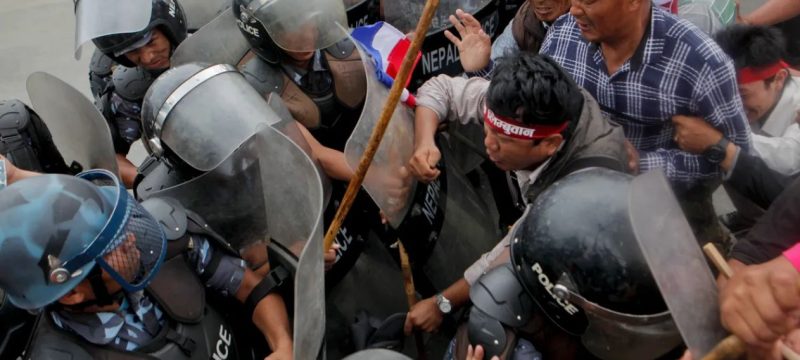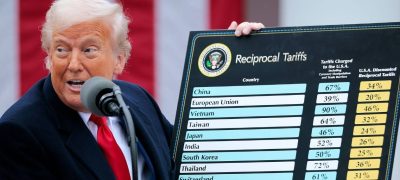Nepal’s interim government has announced an investigation into the deadly anti-corruption protests that left 74 people dead earlier this month. The decision was confirmed on Monday by officials from the administration led by former Chief Justice Sushila Karki.
The protests, which began as youth-driven demonstrations against corruption and joblessness, soon turned violent. What started as peaceful rallies led by Gen Z activists escalated into the worst unrest Nepal has seen in decades. The scale of the violence eventually forced Prime Minister KP Sharma Oli to resign, creating further political uncertainty in the Himalayan nation.
Authorities said a special panel will now review the causes of the clashes, the role of security forces, and whether excessive force was used. The interim government has stressed that accountability is essential to restore public trust. Families of victims have also demanded justice, urging leaders to take concrete steps rather than symbolic gestures.
Observers note that the protests highlight growing frustration among young Nepalis who feel excluded from economic opportunities. With unemployment rising and corruption allegations mounting against political elites, the movement struck a chord across cities and rural regions alike.
The anti-graft protests have also raised concerns about stability in Nepal. Analysts warn that unless the government delivers reforms, anger could resurface. The new administration has pledged to prioritize transparency, but critics remain skeptical, pointing to decades of broken promises.
While Nepal grapples with its internal crisis, similar struggles are unfolding elsewhere. In the United States, for instance, many families are turning to RVs as housing becomes unaffordable. These global examples highlight how corruption, inequality, and economic hardship can fuel frustration and force people into difficult choices.
Political experts believe the panel’s findings could shape Nepal’s next steps. If credible, the probe may help the interim government regain legitimacy. However, if the investigation is seen as weak or politically motivated, it risks further alienating citizens already disillusioned by years of instability.
For now, Nepal faces the challenge of balancing justice with recovery. The families mourning the 74 victims continue to demand answers, while young activists insist that their fight for accountability is far from over. Whether the new panel delivers justice will determine if Nepal can heal from one of its darkest chapters in recent memory.







